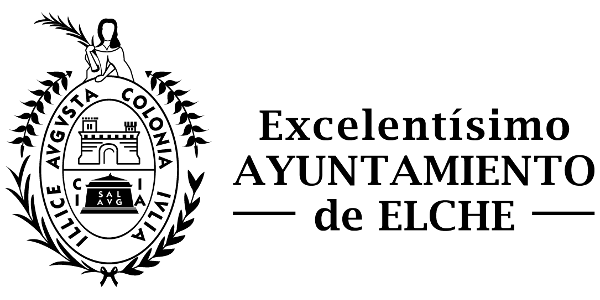Speaker

ADRIANA LIS
UNIVERSITY OF PADOVA. ITALY
Senior Professor at the University of Padova from 1/10/2014. She was Full Professor at the same University for about 20 years. She was Professor of Psychology of family relation, Psychodynamic assessment, Intervention models for family relationships, Evaluation of psychotherapeutic interventions.
She published over 45 national and international papers as well as several national and international books.
Addressing internet risks: overlap and prevention programs in the digital age

The widespread use of Information and Communication Technologies (ICT) and its continuous rise worldwide has led to a shift in adolescent interpersonal communication. The positive role of ICT is undeniable; however, its use also entails numerous new challenges and potential risks, including cyberbullying, online dating violence, online deception, or problematic use of social networks.
This symposium aims to address relevant issues regarding Internet risks through four presentations. The first presentation will emphasize the overlap of some of the mentioned risks and their relationship with health-related variables such as quality of life. This comprehensive and complex view of Internet risks and their overlap should be acknowledged and inform the development of intervention programs targeting adolescents. The next two presentations will present the results of two Internet risk prevention programs based on this perspective: the Safety.net program and the DOMINUS program. Both programs aim to address relational risks (such as cyberbullying or sexting) and dysfunctional technology use (such as problematic internet use) among compulsory secondary education students. Finally, since the programs are mainly oriented towards adolescents, the last presentation will focus on parents and what they can do. In this regard, a systematic review will analyze the various parental mediation strategies for technology use. In other words, how parents can mediate with different strategies in their children’s use of social networks (restriction, monitoring, facilitation) to prevent the aforementioned problems. In conclusion, the symposium seeks to offer a comprehensive view of the challenges we must address regarding technology use.










